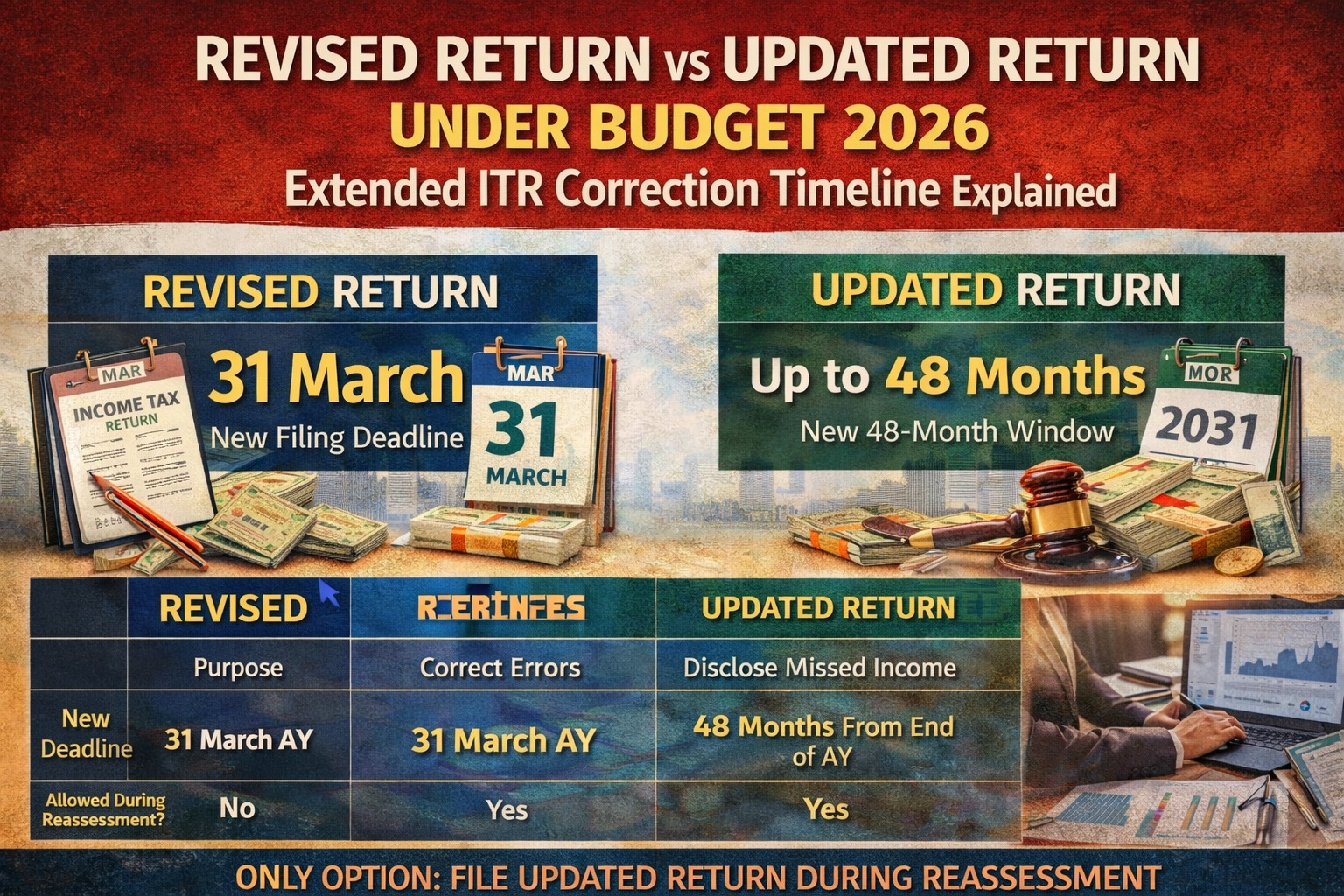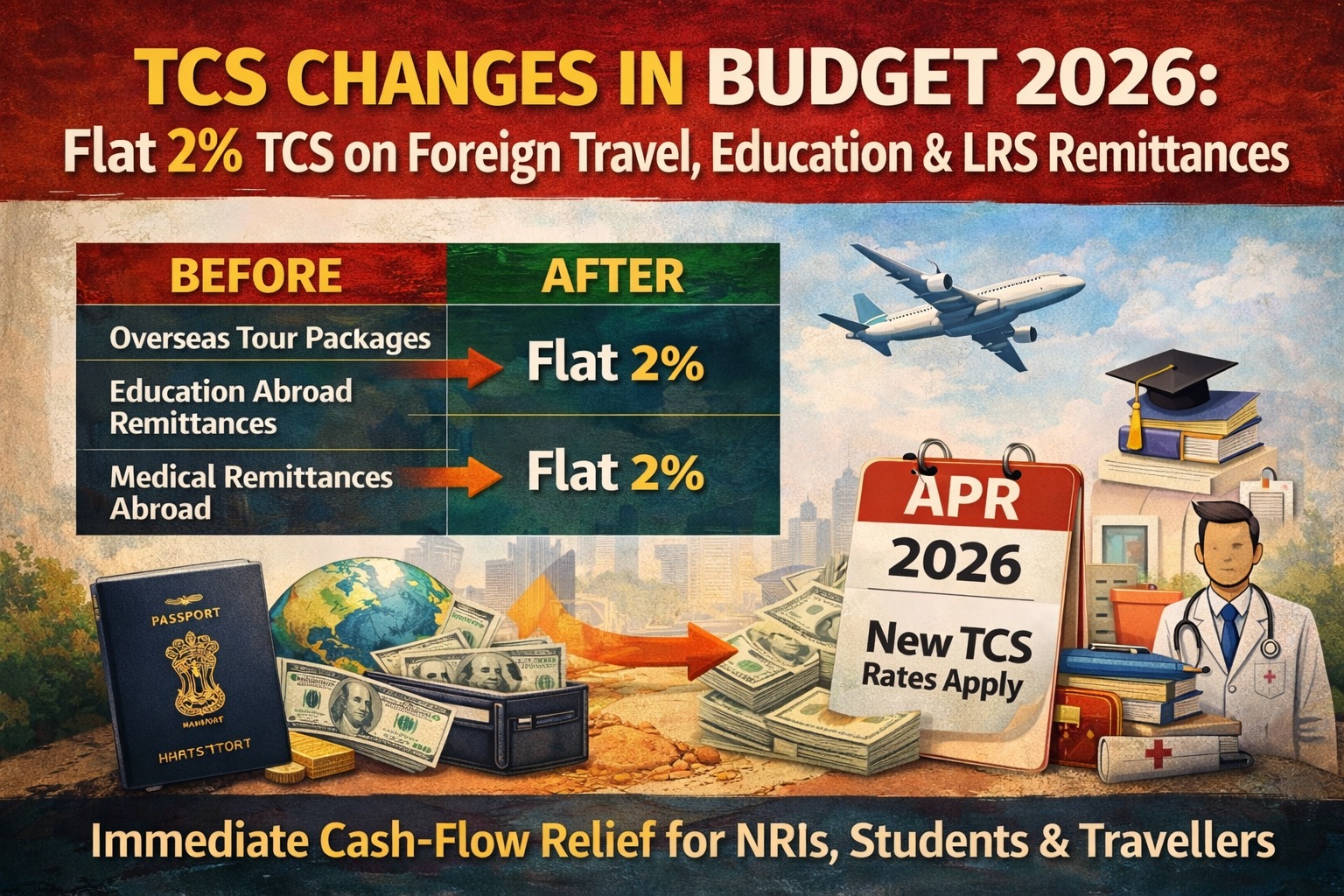 WhatsApp
WhatsApp
 Call Us
Call Us
 Email Us
Email Us
 Whatsapp Community
Whatsapp Community

When planning to move out of India, the following checklist with all the necessary steps and suggestions will make your transition and life ahead very smooth. In our interactions with numerous NRIs, we have come across multiple cases where even after being living abroad for years, people still have not complied with a lot of these mandatory requirements. Sometimes it is out of negligence and sometimes due to lack of knowledge. Hence, in our opinion people don’t prepare well enough for this transition. So, here is a complete checklist for people moving out of India and for the people who have already moved out for safeguarding your assets!
In general, when it comes to people leaving India, we can categorize them into 2 buckets:
Moving out of India, for education/ Employment purpose, to Gulf countries (where there are no taxes on Income)
Moving out of India, For Education/ Employment purpose, to the Western or the advanced countries (where there are taxes on Income)
And, when it comes to the checklist, we have primarily divided it into 2 parts:
Steps to be taken before Leaving India
Steps to be taken After Leaving India
Steps to be Taken Before Leaving India:
1. Planning Your Day of Leaving
Taxation will depend on the number of days spent in India in the financial year. Consult with a tax consultant to plan the day of your moving abroad (if you have the flexibility) and understand your tax liabilities for the year to ensure a smooth transition from being an Indian resident to an NRI.
2. Bank Accounts
|
Steps to be taken before leaving |
Steps to be taken after leaving |
|
List down and Review the Bank accounts you hold |
Once you achieve the NRI status, change your Resident savings accounts into NRO Savings Bank A/c |
|
Close the ones not being used |
If planning to make investment in India, on repatriable basis, Open an NRE A/c |
|
Retain a max. of 2 accounts (the retained accounts should be active and KYC compliant) and update the contact details with your bank |
Meeting the Reporting Obligations of your Bank Accounts held Globally |
|
Ensure to have online access to all your operational bank accounts, Internet banking facilities, atleast 1 debit card (International) linked to your NRO A/c |
|
Important to Note
If one is moving to a country with taxes, one will have to meet the Reporting Obligations for the bank accounts held globally, hence, it is advisable to retain only the necessary accounts.
If one doesn’t update the residential status, it is considered to be a violation of FEMA laws
It is always advisable to open the NRO A/c and NRE A/c in the same bank, because tomorrow if one wishes to transfer money from NRO A/c to NRE A/c after completing the relevant formalities, it is much easier if both the accounts are held with the same branch of the same bank.
It is always better to cancel any direct debits or standing orders that are unnecessary.
3. Other Assets Held in India
Properties: There are no restrictions on holding a property whether commercial/ residential/ agricultural when one’s residency status changes to that of an NRI. In simple words, if one has properties in India, they can continue to hold it without any approval of RBI or can sell it before moving abroad. One is also allowed to sell the property once the residency status changes to non-resident obviously with certain extra compliances except any agricultural land or farm house can’t be sold to an NRI.
Demat Account: If one has a DEMAT account with a resident status, that needs to be updated to an NRO Demat Account once the residential status changes to NRI. The exiting account will be closed and a new account with NRO status attached will be opened by one’s bank/ broker. As an alternative, NRIs also have an option to open an account called Portfolio Investment Scheme (PIS) and transfer all of their holdings to it before one gets an NRI status.
Fixed Deposits: Similarly for the exiting Fixed Deposits held as a Resident, the residential status need to be updated as an NRI and the resident FD will be changed to an NRO FD.
Mutual Funds: One needs to update the residential status as NRI by providing the latest KYC details. It is also advisable to get the NRO bank account linked with your MF holding for a smooth execution.
Public Provident Fund: NRIs can continue holding and making fresh investment in their existing PPF accounts, which was opened when they were Resident Indians. In other words, NRIs cannot open new PPF accounts once they become Non-Resident Indians.
Important to Note:
4. Insurances
Health Insurance: One must evaluate existing health insurance covers taken and decide whether one wants to continue with it. Most health insurers in India do not cover medical treatment overseas and therefore, one must clarify the same with the health insurance provider. It is always advisable to take a health insurance policy for the treatments and costs overseas itself. Before leaving India, one should also take the appropriate policies for the family members in India, if any.
Life Insurance: One must evaluate the life insurance cover taken in India to know whether the insurer will pay the sum insured in case of any grievance in a foreign country. Many life insurers settle insurance claim amounts in case of the death of an individual, even if that person has been living overseas. However, the amount is usually settled in Indian currency. Some insurers do not even provide coverage in high-risk countries.
5. Record Keeping
All proofs of identity or address of India, however unimportant it might be, must be retained in original as well scanned form. These documents should be available at a click.
Documents Advised:
PAN
AADHAAR
Passport
Driving License
Voter ID
VISA
Residence Permit etc.
If you own Real estate in India, all documents, be it historical or sale deeds or any other documents, need to be retained
If you have any investments, especially the ones not available in electronic form like – Public Provident Fund, Govt Bonds, Bank FDs, must keep scanned images of the certificates/ letters.
6. One Valid and Continuing Cell Phone Connection
When moving abroad, one must continue with a valid phone connection and carry it along to abroad. Also, it is recommended to purchase an SMS pack on the same number since, most of the transactions in today's scenario take place online and are based on One Time Passwords (OTPs) sent to one’s mobile number via SMS. This will enable you to receive SMS even when you are out of India.
7. Financial Advisor
Finally, and most importantly, before you move out of India, it is always advisable to maintain client relationship with one of the Chartered Accountants back in India especially if you have assets/ Income in India and you wish to continue to invest in India.
Now, We Come to the Second Part of Our Checklist, Steps to Be Taken After Leaving India:
1. Employee Provident Fund
If one has an Employee Provident Fund (EPF) A/c in India, it is advisable to close the same in maximum 3 years if going abroad for indefinite period of time as if the subscriber does not apply for EPF withdrawal within 36 months of quitting his job then the account becomes inoperative.
2. Investing In India
Comes to a reasoned conclusion on whether one would want to continue to invest in India from India.
When it comes to investment, you have 2 very important obligations:
To report all your assets and accounts in India Under FATCA/ CRS
You have to include your Indian Income (If any) in your tax returns (after incorporating benefits of DTAA)
Given the fact that these requirements are annual i.e. need to be complied with every year and the financial years across countries are different with some overlapping, this might result into confusion and can eventually lead to mistake and miscalculations. Hence, if one feels that investing in India from one’s NRE account in India is cumbersome, then as an alternative, it is advisable to invest directly through:
India Centric Mutual Funds, available in your country of residence
Exchange Traded Fund (ETFs)
Any other investment options available to you from your country of residence itself
One can also invest in Mutual Funds in India through International Financial Services Centers (IFSC), for example the GIFT City, Gujarat.
3. Estate Planning
Consider Concurrent Wills
It is advisable to make separate Wills for your assets in country of Residence and for the assets held in India.







Stay in the loop, subscribe to our newsletter and unlock a world of exclusive updates, insights, and offers delivered straight to your inbox.